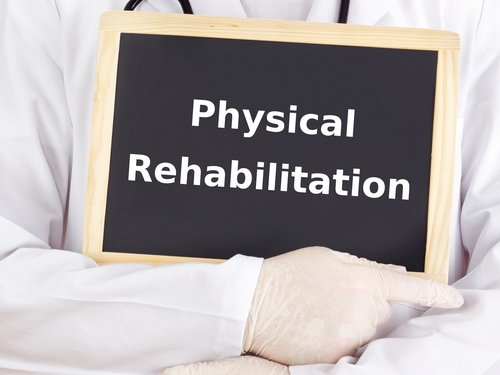Physiotherapy in Transplant
Physical activity is an important part of a healthy lifestyle. Physiotherapists can help you with your strength, mobility, and function. It is important to maximize your strength both before and after having a transplant. You may see a physiotherapist as an outpatient or while in hospital.
How Physiotherapists Can Help
You may be seen by a physiotherapist prior to being placed on the waiting list for transplant. Your physiotherapist will assess your strength, mobility, and function. If necessary, the physiotherapist will provide you an exercise program to help improve your strength in preparation for transplant.
Your physiotherapist will also make recommendations that will enhance your physical well being before and after transplant. For example, if you are having difficulty with your walking, they can recommend a walking aid such as a cane or walker.
After Your Transplant
After your transplant, a physiotherapist may see you to help you with your recovery. Your physiotherapist will encourage you to take deep breaths and cough regularly after surgery. This will help to prevent pneumonia. They will also help you with your mobility and strength. The nursing and physiotherapy teams will help you to move as soon as possible after your operation. You will be exercising in bed, sitting on the edge of the bed, sitting in a chair, and eventually walking with assistance. You will likely need a walker in the days following your surgery. If you require a walker for home until you are stronger, the physiotherapist can prescribe one for you.
The physiotherapy team will work with you to ensure that you are strong enough for discharge home. If you require further strengthening after going home from hospital, your physiotherapist can arrange for an outpatient physiotherapy session in your local community.
